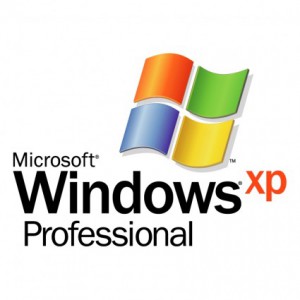 Windows XP Support officially ended on April 8th 2014, and after a good run, it’s finally time to upgrade. Though XP was released in 2001, it’s not the same operating system it once was. Microsoft continuously patched XP over the years to provide support for each new generation of hardware and software, keeping it relatively up to date. Windows Vista and 7 expand on this by rewriting the whole operating system to be built upon those newer technologies.
Windows XP Support officially ended on April 8th 2014, and after a good run, it’s finally time to upgrade. Though XP was released in 2001, it’s not the same operating system it once was. Microsoft continuously patched XP over the years to provide support for each new generation of hardware and software, keeping it relatively up to date. Windows Vista and 7 expand on this by rewriting the whole operating system to be built upon those newer technologies.
Despite being over 12 years old, Windows XP has held a significant market share in the face of more modern operating systems. Windows XP was released during a huge boom in PC popularity, and for many, it was their first system. In the world of Technology, XP is ancient, yet many people still prefer the simplicity of Windows XP because it still works for their needs. For some, the learning curve that comes with a new system holds them back, and others use older programs which refuse to run on newer versions of Windows.
We highly recommend any business users, or users with critical data upgrade to Windows 7 or newer. While Windows XP will still be a usable operating system for some time, its lack of security patches and software support means that data will be less secure, and newer versions of software may not run properly. Windows XP is no longer HIPA compliant, and thus many businesses will be forced to upgrade in order to stay compliant. While new versions of Google Chrome work properly in XP, Internet Explorer is forever stuck at version 8, meaning many websites will not display correctly as more and more websites use modern technologies. At CNet System, we can help you migrate your Windows XP network to run on Windows 7 or Windows 8 machines, including migrating legacy software and data.
